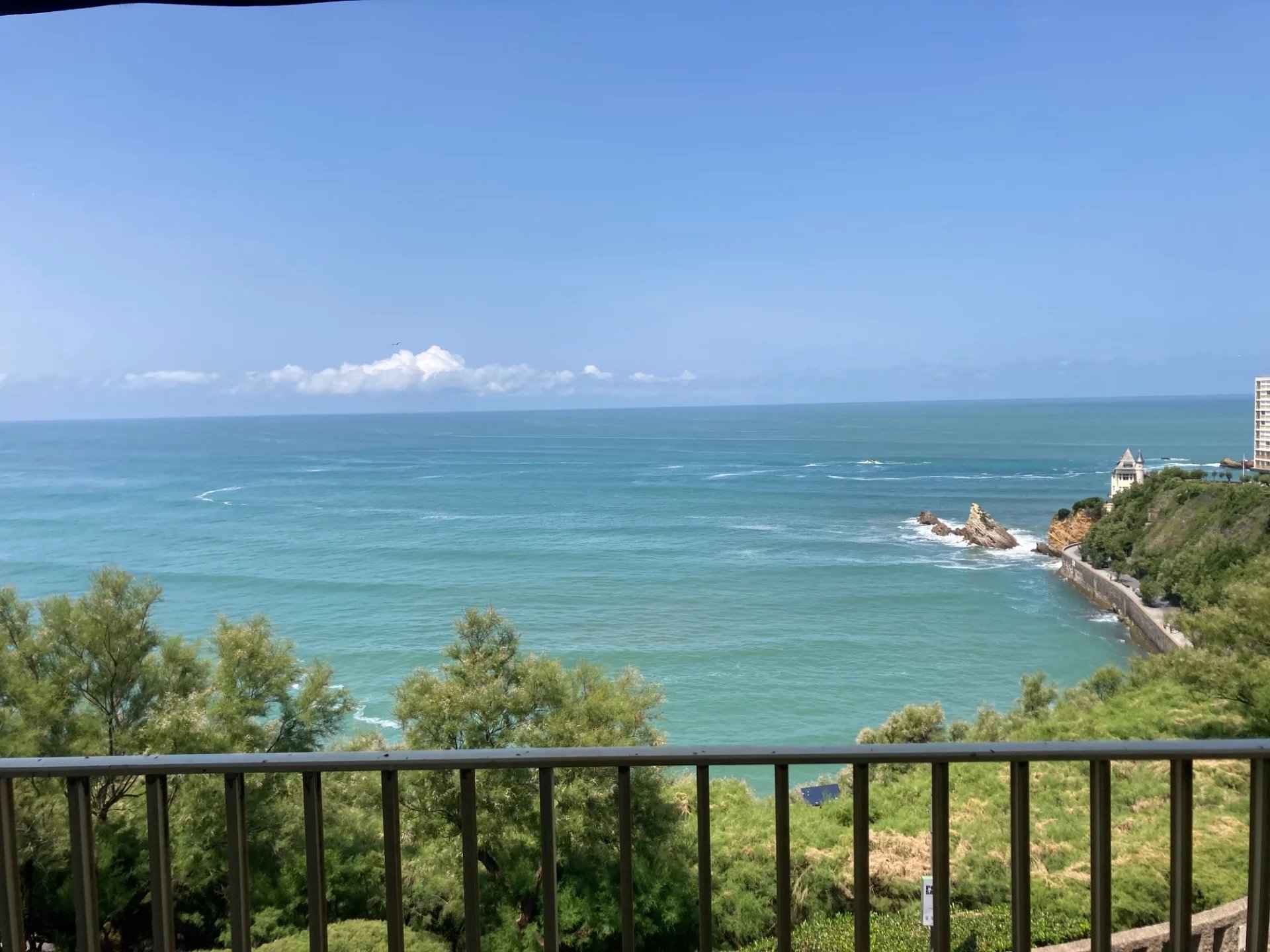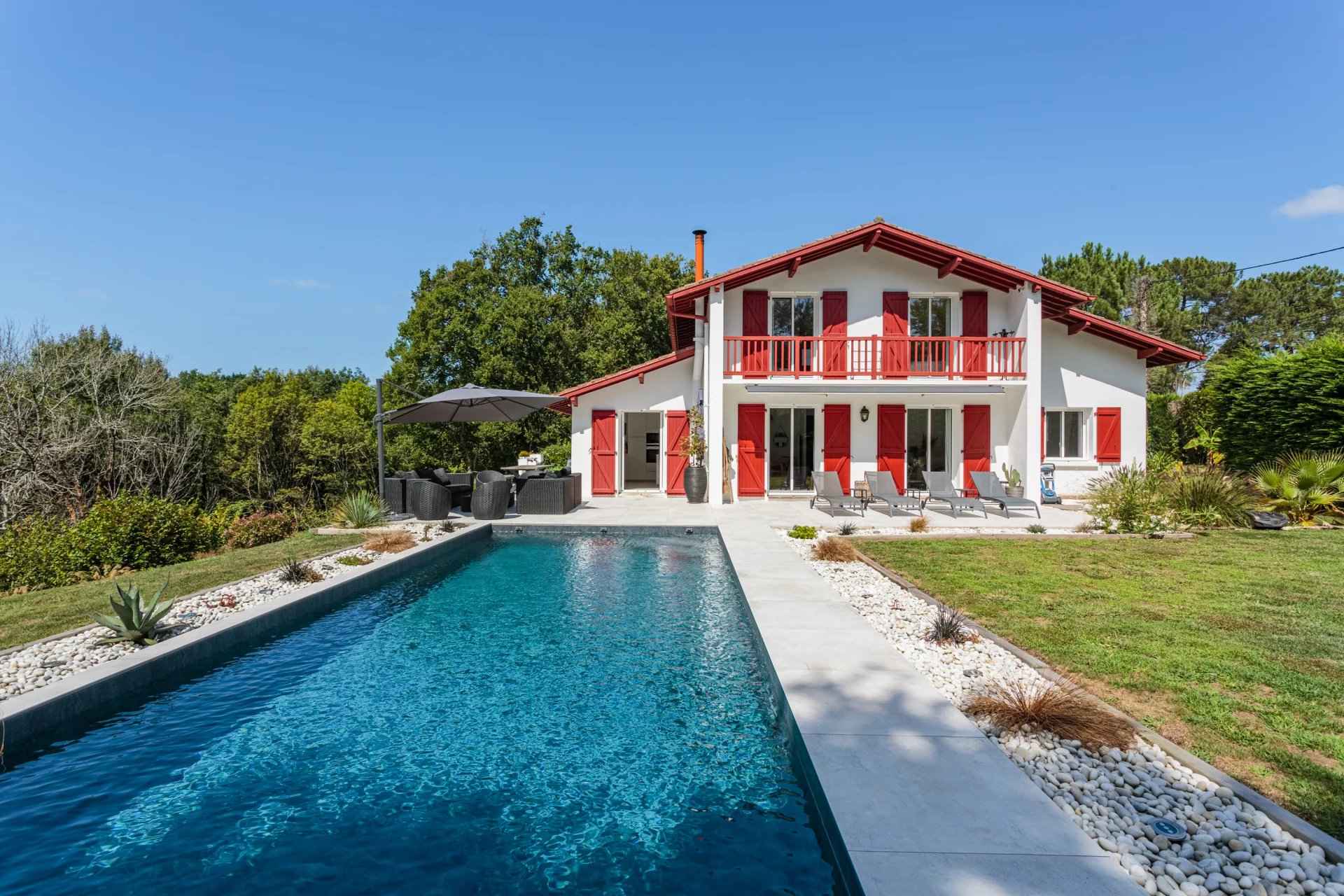2018-04-19
The seasonal rental market is going to be completely supervised
The rise of internet platforms (such as AirBnb or Abritel) bringing homeowners (or real estate agencies) into contact with short-term tenants, combined with favorable taxation, has led to a veritable explosion in supply, as demand has increased. We will detail the evolution of this sector being regulated.
Tourism rental platforms
The market for tourist rental platforms has been booming for several years and is starting to be better regulated by the public authorities with the implementation of various measures. The most recent anti-fraud bill was presented to the Council of Ministers on March 28.
In order to respond to the concerns of communities and hoteliers, the bill aims to better regulate the market for tourist rental platforms. Thus, public authorities seek to ensure that competition between hoteliers and these platforms is more equitable and to limit the impact on housing supply.
Better management of the sector
Elan Bill
For several months, we note an intensification of the will of the public authorities to better supervise this sector of activity and to fight against fraud. Recent example of this objective, the presentation of the Elan bill (Evolution of Housing, Development and Digital) on 4 April. Article 51 of this law aims to set up reporting obligations for tourist platforms and rental companies to local authorities. In addition to these reporting obligations, the law aims to strengthen controls and penalties.
In Article 51 of this law, a legal ceiling of 120 days is also provided for the tourist rental of the main residence. This measure should apply in municipalities where the procedure for changing the use of residential premises is in place.
Rectifying Finance Law for 2017
Provided for in articles 44 and 45 of the amended finance law for 2017, two measures modify the taxation in force on the market of tourist rental platforms. From 1 January 2019, the tourist furnished rental on these sites will now be subject to the payment of a tourist tax ranging between 1% and 5%.
This law also provides for the establishment of a collection of the tourist tax from 1 January 2019. This measure would require internet platforms to collect a tourist tax for renting private homes.
The obligation to inform the lessors
One of the measures in this anti-fraud bill is to improve the information needed for non-professional rental companies. This measure replaces "the amendment Airbnb" (Article 242 bis of the General Tax Code) which has not had the expected impact. The objective of the public authorities is to clarify the information for renters on their tax reporting obligations to the tax authorities.
Article 4 of this bill specifies "the tax and social obligations imposed on platforms for collaborative economies (obligation to inform users since 2017, and declaration to the administration of income earned by them from 2019 ), in order to ensure a better intelligibility of the law for the platforms and a better exploitability of the data collected by the administration to improve its capacities of detection of the fraud. ". In the event of failure to comply with this information obligation, Article 4 provides for flat-rate fines of up to € 50,000.
Clearer information for non-professional rental companies
With this bill, rental platforms will now be required to "send electronically to sellers, service providers or parties to the exchange or sharing of a good or service that have perceived, as a user of a platform, sums on the occasion of transactions carried out by him, at the latest on January 31 of each year, a document mentioning, for each of them, the following information ". This document contains several elements:
- "The identification elements of the operator of the platform concerned
- The user identification elements
- The status of individual or professional indicated by the user of the platform
- The number and total gross amount of transactions made by the user during the previous calendar year and of which the operator is aware
- If known to the operator, the details of the bank account on which the income is paid »
Thanks to this project, non-professional rental companies can be better informed about their reporting obligations. It should be known that according to the status of the owner (SCI or occasional hirers), the taxation on the declared income will be different.
Reminder on taxation: SCI or LMNP
If you want to regularly rent a property, know that you will have to create a status of Civil Real Estate Company (SCI). Being considered as a commercial activity, you must declare to the tax administration the income received from your tourist rental.
Specific tax for the SCI
For furnished rentals under the status of SCI, the tax that applies is that of the Tax on Companies (IS). There are, however, some exceptions:
- Revenue ceiling: in the case where the amount of the furnished rental represents less than 10% of the revenue, then the activity remains subject to the Income Tax (IR).
- Occasional and short-term rentals do not fall under the Corporate Tax.
As far as VAT is concerned, it should be noted that an exemption is applied for furnished rentals, regardless of the amount of income. VAT on income applies only in two specific situations: provision of accommodation in hotels or classified tourist residences, accommodation services in conditions close to the hotel.
Non-Professional Furnished Renter (LMNP) status
Leaseback status is for an owner who is renting one or more furnished properties, whose revenue is less than € 23,000 or does not exceed half of your total income. For this status, the tax regime that applies is that of the "micro BIC". Depending on the situation, the choice of status will vary.
What you must remember
With the new law on the fight against fraud, the authorities are seeking to strengthen the framework in which tourism rental platforms operate. This includes better information for non-professional rental companies on their tax reporting obligations.
According to the statutes (SCI or LMNP), the procedures and the tax rates will vary. In case you want to rent your furnished property, find out about tax obligations. In case of doubt, do not hesitate to contact a tax lawyer who will advise you at best.


